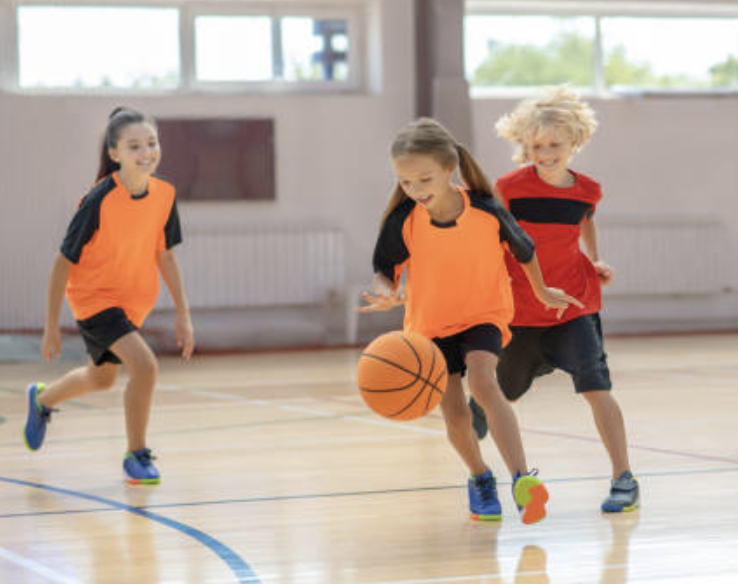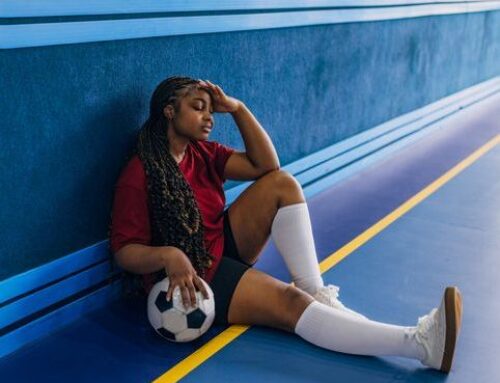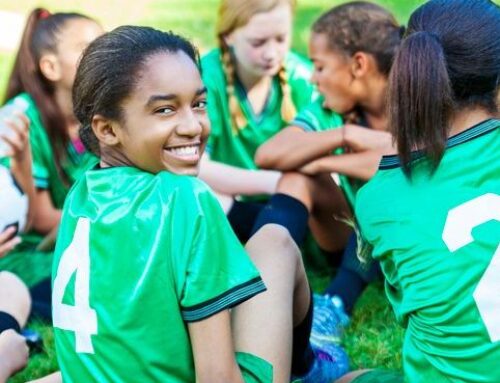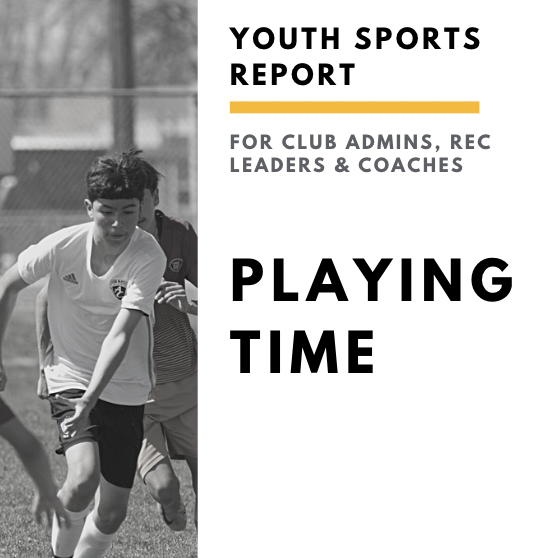Get our exclusive report. Download the iSport360 Club Switching Report Here – For Club Admins, Rec Leaders and Coaches.
How to Deal With a Strongly Competitive Child
If you have an athlete in your family who loves his sport, loves to compete, and loves to win, you may feel unsure as a parent of how to handle his super-competitive spirit. Being strongly competitive means a kid plays hard, takes the game seriously, and hates losing–all good things for an athlete, but many super-competitive kids may also be way too hard on themselves. If your child is one of those who takes competition very seriously, then I know you, as a parent, have felt the effects; it’s tough to watch your kid beat up on themselves when they are not happy with their performance.

After 20 years of being a sports mom to three kids, I’ve learned that you cannot change your competitive child into one who does not care. However, you can keep from aggravating their personal frustration by avoiding these mistakes:
Do not force consoling hugs on your child after a “bad” game
I’ve tried it only to be brushed off. Nothing personal, Mom and Dad. It’s not you the kid is rejecting; they are just not in a hugging mood.
Do not make light of their loss following a “bad” game
A competitive child may not be receptive when they are upset about their performance.
It’s best to let them work through their frustration alone at first, then offer positive feedback a bit later.
Let me add here that each child is different, and there may be some that will gladly listen, so obviously a parent should be sensitive to his child’s time of receptivity. That, however, was not the case in our family.
As a high school junior, my daughter was extremely unhappy after a volleyball game that ended on a down note. We said nothing as we got in the car, but gave her a few minutes to go for a run to vent her anger and frustration. Although she was still not ready to discuss the game, she was at least in a more amiable mood. Sometimes the best thing you can do as your kids stew over their game is let them cool down, safely vent, and put it behind them.
Do not point out the obvious right after the game
“You weren’t moving your feet fast enough.” “You weren’t keeping your eye on the ball.” “Did you not see that guy open in the end zone?” Give your kids some credit; chances are pretty good, especially if they are teenagers, that they already know what they did wrong.
And if they don’t, there will come a time when they may ask for your help. Until then, let their coach do the critiquing. Even if your child is younger, it is better to look for a time when they are really listening to your instruction. Maybe later that day as you play in the backyard or as you watch a game together on TV.
Do not ignore the issue altogether
Sooner or later, a discussion about your child’s tendency to be too hard on themselves will be appropriate.
Take advantage of those moments when your child is in a receptive mood or when they bring up the subject of their frustration. Encourage them to have a short-term memory when it comes to their error.
Learning to put mistakes behind them right away is a learned art but one they must master if they are to be a successful athlete. Remind them that all athletes go through slumps–whether it’s hitting a softball, making baskets, completing football passes, or making volleyball passes.
True athletes fight through those slumps and come out stronger because of them. Give them opportunities to work on their skills, whether you send them to camps and clinics or just go through drills with them yourself. Help your child learn that instead of beating themselves up when they struggle, they should push themselves to work harder and improve. Our job as parents is to listen, support, cheer, challenge, and sometimes just be willing to back off.
For more information on the original source of this post, click here. And for more details on how iSport360 can help your club team, click here.
Learn more or request a demo of our youth sports software that is helping teams improve communication, organization and player development.
April 25, 2022





